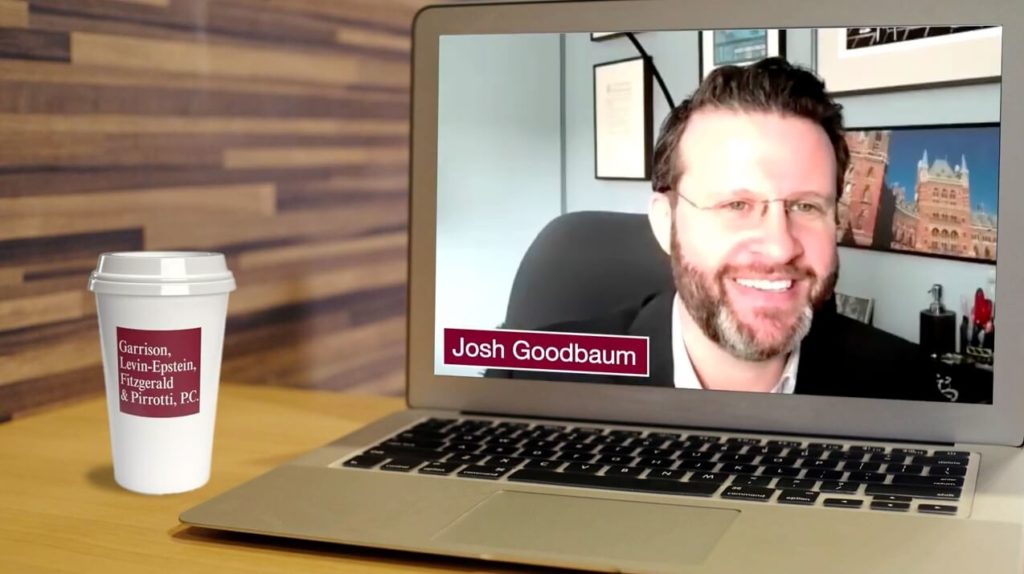Amanda DeMatteis: Hi, Josh!
Josh Goodbaum: Hi, Amanda! What are we going to talk about today?
DeMatteis: I thought we could talk about unemployment. It’s kind of surprising that a lot of folks don’t know how unemployment compensation in Connecticut works, and unfortunately if you’re met with having to apply for unemployment, it can be quite a process to get through. So, I thought you could educate Connecticut employees on what to expect, what they need to do, and tell them their rights to unemployment in Connecticut.
Goodbaum: I’m happy to! Here, quickly, are the four most common questions I get about applying for unemployment in Connecticut.
Number one: Should I apply for unemployment? The answer: Yes. There’s no harm in applying. You don’t have to pay to apply, and it’s a pretty quick process. As long as you tell the truth about your situation, the worst outcome for you is that your claim is denied. So, if you are a person who used to have a job and now you don’t have a job, for whatever reason, apply for unemployment – it can’t hurt.
Second: When should I apply for unemployment? The answer: As soon as possible. As soon as you know you are going to lose your job or as soon as you did lose your job, apply for unemployment. It is not retroactive. If you apply a month after you lose your job, you don’t get paid for that month, even if you qualify for benefits. There is an exception if you establish good cause for a delay in your application – that’s in section 31.222.13 that establishes the procedure for applying. But it’s tough to establish good cause. So just apply as soon as you can, okay?
Question number three: Can I apply for unemployment even if I’m getting a severance from my employer? The answer: Almost certainly yes. Section 31.236-46, subsection C of the Connecticut regulations says it is not offsetting income as to unemployment if you are receiving a severance in exchange for a release of legal claims. A release of legal claims is something that basically every employer is going to require if they’re going to pay you a severance. So, if you’re getting a severance, you almost certainly released your right to sue your employer, and even if you weren’t planning to sue your employer, that release means that you can now get unemployment. It’s not an offset, so you can collect severance and collect unemployment at the same time.
Fourth question: How do I apply for unemployment in Connecticut? The answer: You just do it online. You Google “Connecticut unemployment how do I apply”; you click the number one result there; you go to the webpage; you click the button for new claims; and you follow the prompts. It’s really a pretty straightforward process.
So, those are four questions about the basics of unemployment. I hope they’re helpful for you if you find yourself needing to apply for it.
DeMatteis: Excellent. Thank you so much for that, Josh, and thank you for watching. We’ll see you next time.

